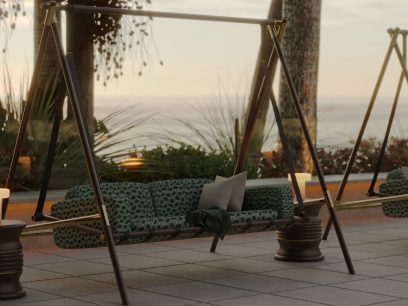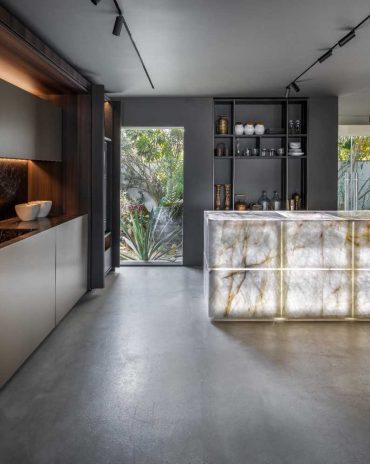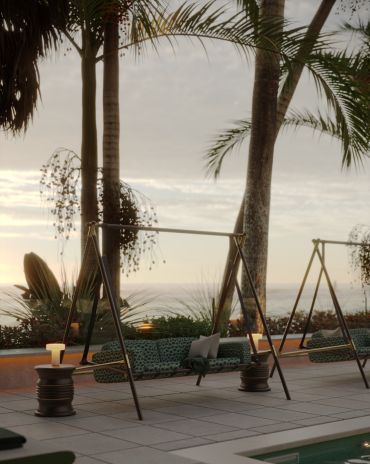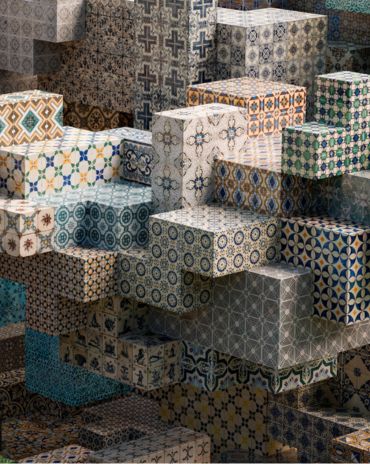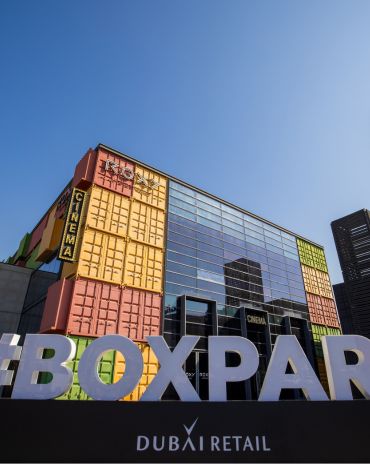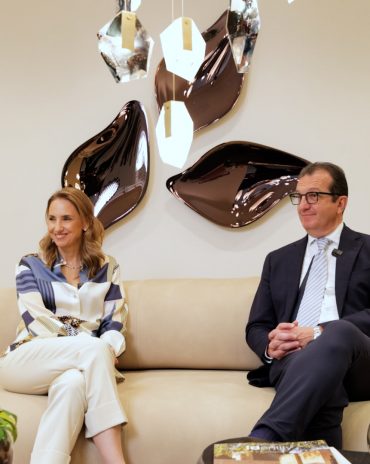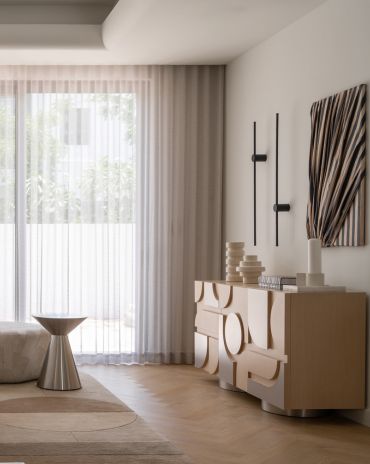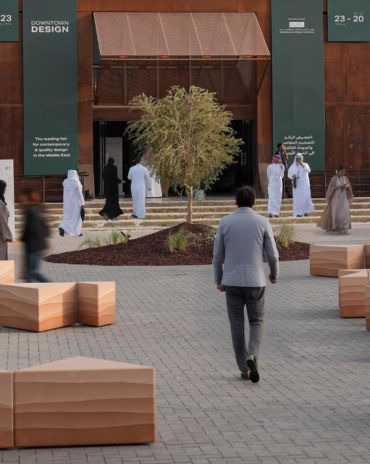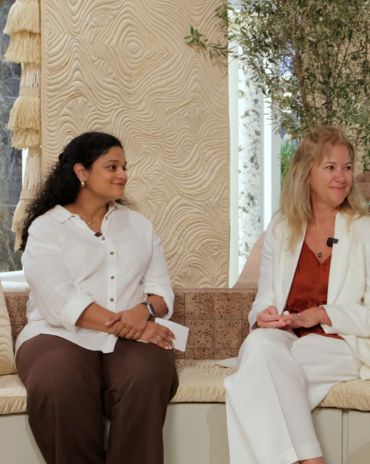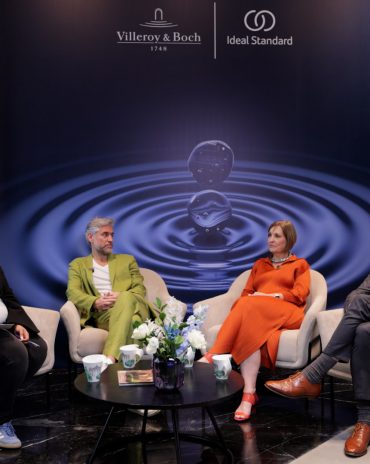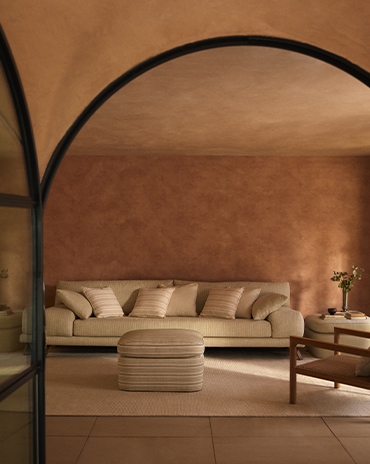Copyright © 2025 Motivate Media Group. All rights reserved.
Shaping the Future of Workspaces by MillerKnoll
Stacy Stewart, Regional Director Middle East & Africa of MillerKnoll discusses the future and evolution of design in workspaces with identity.
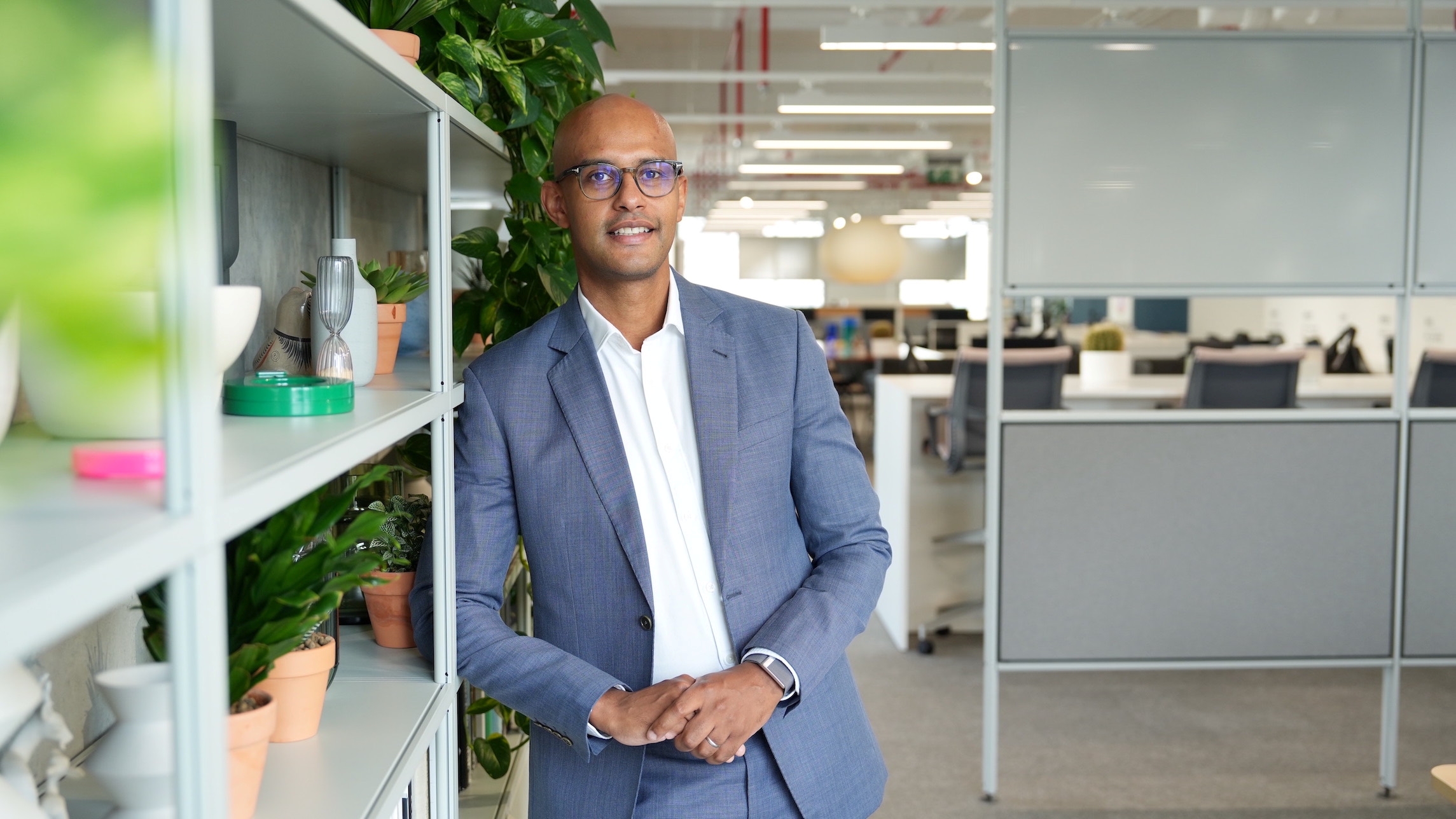
How have the demands of workplaces evolved in the Middle East as opposed to the rest of the world and how has MillerKnoll adapted to the same?
Stewart: The Middle East workplace landscape has undergone a profound transformation, reflecting its unique cultural dynamics, rapid economic growth, and diverse workforce. Unlike some regions, the Middle East places a significant emphasis on creating spaces that blend tradition with modernity, catering to both collaborative and individual needs. This has driven a demand for adaptable office solutions that honour local customs while promoting global best practices.
MillerKnoll has embraced this evolution by leveraging our ‘Design with Impact’ philosophy. By understanding regional nuances, we collaborate closely with our partners in the Middle East to provide workspace solutions that enable connection, adaptability, and wellbeing. Our innovative products, like the Bay Work Pod, ensure flexibility, privacy, and inclusivity while maintaining a design aesthetic aligned with Middle Eastern sensibilities.
Can you elaborate on the Bay Work Pod and how it reflects MillerKnoll’s commitment to innovative workspace solutions?
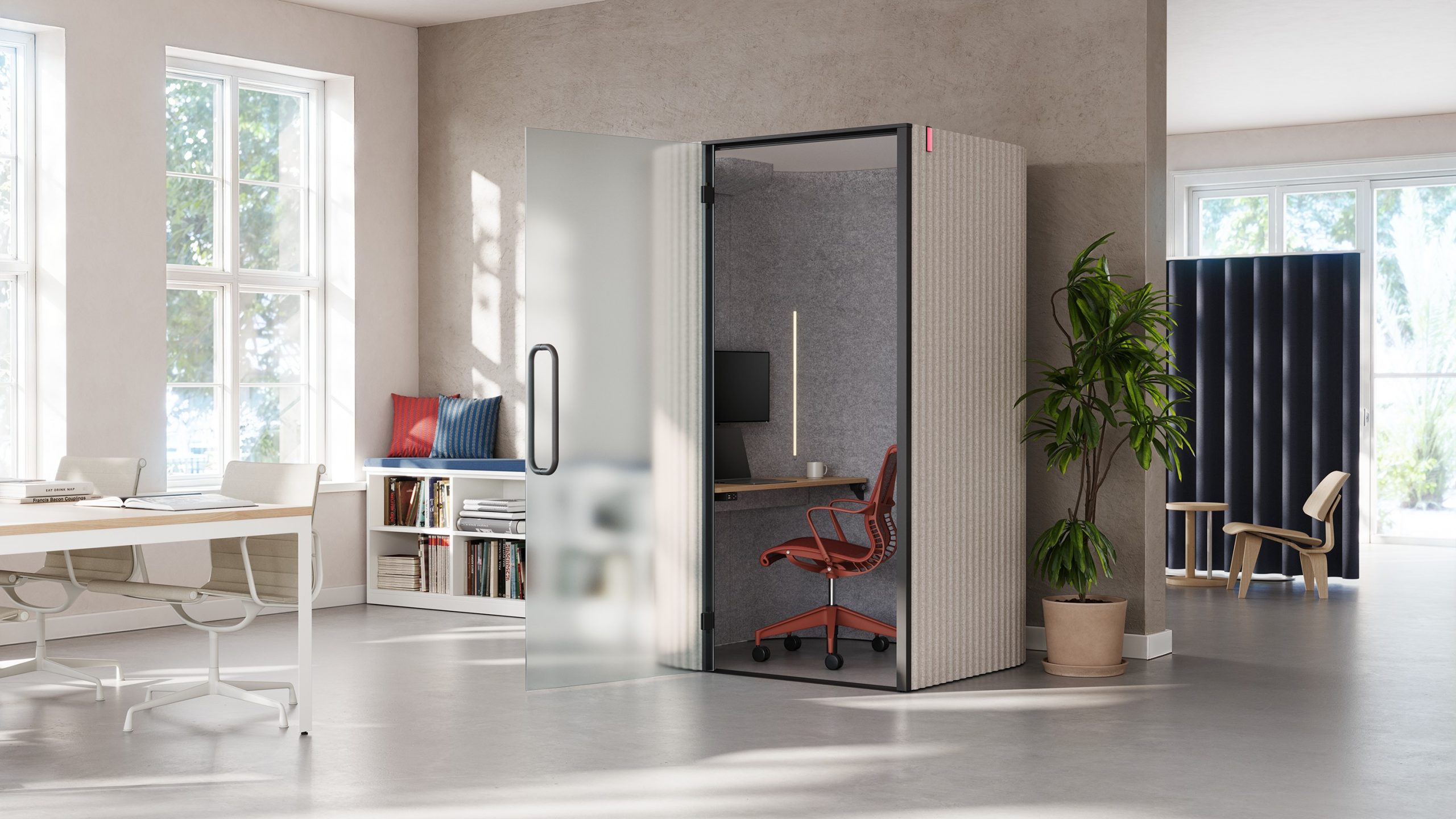
Bay Work Pod
Stewart: The Bay Work Pod is a testament to MillerKnoll’s dedication to creating spaces that cater to diverse workplace needs. Designed with privacy, focus, and accessibility in mind, the Bay Work Pod offers a sanctuary for employees who need undisturbed time within busy office environments. Its modular design ensures adaptability to various office layouts, while its acoustic features provide an excellent environment for concentrated work.
Beyond functionality, the Bay Work Pod reflects our commitment to inclusive design. By incorporating adjustable furniture and ergonomic features, it ensures accessibility for individuals of all abilities. It is a clear embodiment of our mission to design workplaces that foster well-being and connection while adapting to changing work styles.
Can you discuss the steps the company is taking to embed sustainable practices into its products and processes?
Stewart: Sustainability is at the core of MillerKnoll’s ethos. We are deeply committed to minimising our environmental footprint while maximising the impact of our designs. Key initiatives include sourcing sustainable materials, reducing waste in production processes, and designing products with a longer lifecycle.
In the Middle East, we are actively engaging with clients to promote solutions that align with green building standards and certifications. Our products are designed to be easily disassembled and recycled, and we continually explore ways to incorporate recycled content into our offerings. By aligning our practices with global sustainability goals, we aim to lead by example in the industry.
MillerKnoll, additionally announced that from May 2025 all North American products from the collective of brands will be free of any added per- and poly- fluoroalkyl substances (“PFAS”) known as ‘forever chemicals’ that do not breakdown easily, making them problematic for the environment.
What are some of the major milestones that the company has achieved in design over the past year, both globally and in the MENA region?
Stewart: Globally, MillerKnoll has continued to push the boundaries of design, reinforcing our position as a collective of brands united by innovation and sustainability. Notable achievements include launching furniture solutions that support hybrid work environments, integrating technology into design, and enhancing accessibility in the workplace.
In the MEA region, we have focused on collaborating with key partners to deliver workspace solutions that align with the region’s unique cultural and business dynamics. This includes introducing designs that balance modern functionality with regional preferences, such as height-adjustable workstations and adaptable seating solutions. Strengthening relationships with clients and designers across the region has been a priority, enabling us to better understand and respond to the evolving demands of the market.
Can you share MillerKnoll’s plans for the MEA region in the coming months? Any exciting new projects and innovations?
Stewart: MillerKnoll is committed to evolving our strategic plans for the MEA region, with a particular focus on expanding our capabilities in Saudi Arabia, a key growth market. By leveraging our global manufacturing hubs in Europe, North America, and Asia, alongside new sourcing from our plant in India, we are enhancing the efficiency and resilience of our supply chain to better serve the region.
Our collective of brands, including Herman Miller, Knoll, CBS, HAY, Muuto, and NaughtOne, is well-positioned to address the evolving needs of workspaces and healing environments across the Middle East and Africa. With an expanding MillerKnoll team and distribution network, we are dedicated to delivering innovative solutions that seamlessly combine functionality and aesthetic appeal, ensuring our products meet the highest standards of quality and design.
The Latest
Minotticucine Opens its First Luxury Kitchen Showroom in Dubai
The brand will showcase its novelties at the purity showroom in Dubai
Where Design Meets Experience
Fady Friberg has created a space that unites more than 70 brands under one roof, fostering community connection while delivering an experience unlike any other
Read ‘The Winner’s Issue’ – Note from the editor
Read the December issue now.
Art Dubai 2026 – What to Expect
The unveils new sections and global collaborations under new Director Dunja Gottweis.
‘One Nation’ Brings Art to Boxpark
A vibrant tribute to Emirati creativity.
In conversation with Karine Obegi and Mauro Nastri
We caught up with Karine Obegi, CEO of OBEGI Home and Mauro Nastri, Global Export Manager of Italian brand Porada, at their collaborative stand in Downtown Design.
The Edge of Calm
This home in Dubai Hills Estate balances sculptural minimalism with everyday ease
An interview with Huda Lighting at Downtown Design
During Downtown Design, we interviewed the team at Huda Lighting in addition to designers Tom Dixon and Lee Broom.
Downtown Design Returns to Riyadh in 2026
The fair will run its second edition at JAX District
Design Dialogues with KOHLER
We discussed the concept of 'Sustainable Futures' with Inge Moore of Muza Lab and Rakan Jandali at KCA International.
Design Dialogues with Ideal Standard x Villeroy & Boch
During Dubai Design Week 2025, identity held a panel at the Ideal Standard x Villeroy & Boch showroom in City Walk, on shaping experiences for hospitality.
A Touch of Luxury
Here’s how you can bring both sophistication and style to every room

